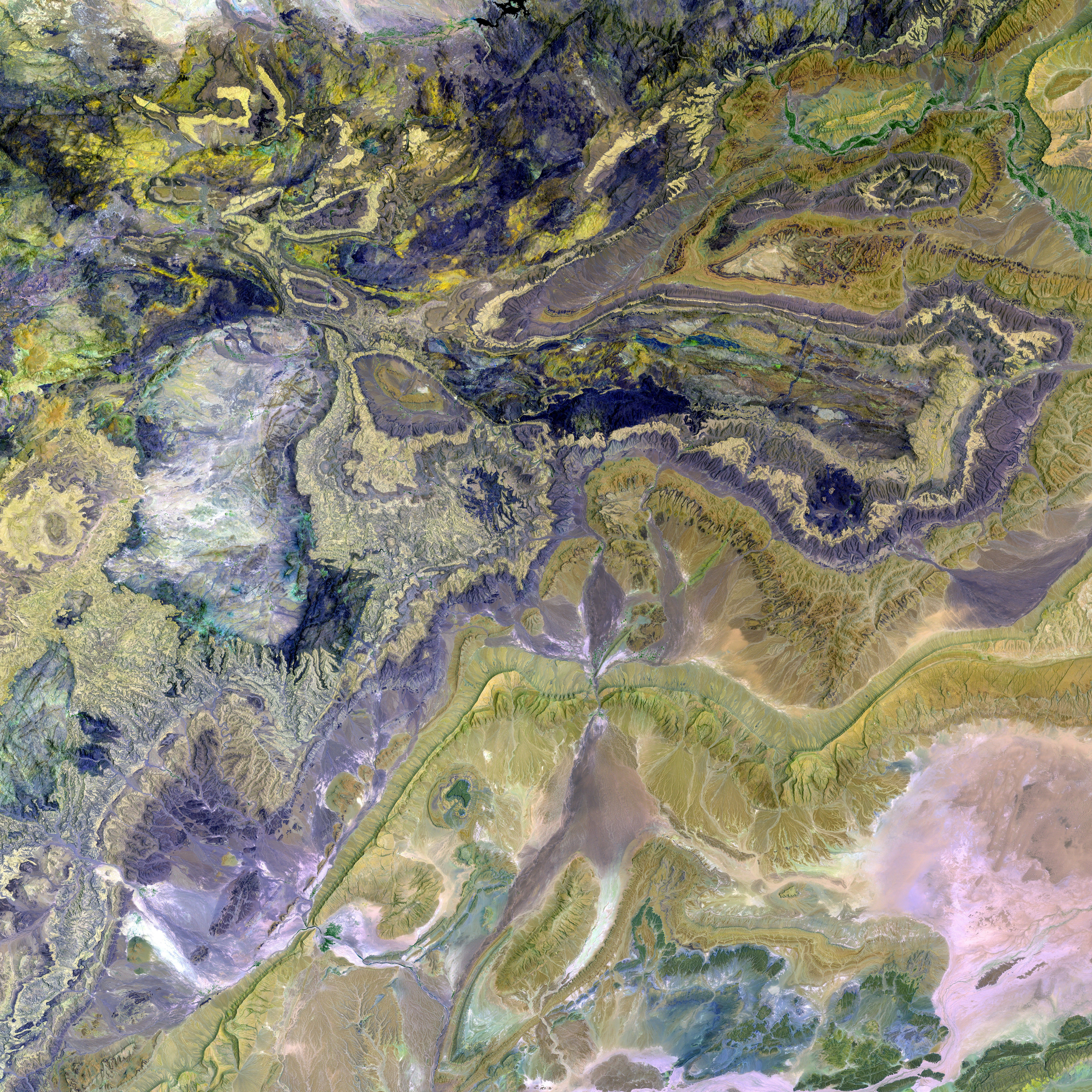Israel's cabinet endorses blueprint encompassing military operation in Gaza
In a surprising turn of events, Israel has kicked off an aggressive military operation in Gaza, hopes of a truce with Hamas now dashed. This decision, made recently by the Israeli government, signals a departure from previous strategies, with the intention to occupy and hold onto the Gaza Strip for the long haul - a move not seen since Israel last controlled the region nearly 20 years ago.
Israel, facing a deadlock in peace negotiations, resumed major operations on March 18, following a two-month ceasefire interrupted by Hamas's militant attack in October 2023. Since then, Israel has facilitated intensive aerial bombardments, airstrikes, and expanded ground operations throughout the Palestinian territory, causing devastating losses. As of Monday, at least 19 lives were claimed by Israeli air strikes in the north of Gaza.
An Israeli official revealed that the plan for expanded operations will encompass further territorial conquest, guiding Gaza's populace to relocate south for their safety. Given that the majority of Gaza's residents come from the north of the territory, particularly Gaza City, this displacement would undoubtedly exacerbate an already precarious humanitarian crisis.
The Israeli government, led by Prime Minister Benjamin Netanyahu and key ministers, unanimously supported this plan aimed at eradicating Hamas rule and securing the safe return of hostages held in Gaza. The plan also outlines powerful strikes against Hamas, though the exact nature of these attacks remains unspecified.
Amid this escalation, Israel is also promoting US President Donald Trump's proposal for Gaza residents to voluntarily depart to neighboring countries, such as Egypt or Jordan. After assuming office in January, Trump proposed the migration of Gaza's population out of the war-torn territory, an idea that has been unanimously rejected by numerous countries, international organizations, and the Palestinians themselves.
Furthermore, the Israeli government has approved the possibility of humanitarian distribution in Gaza, citing sufficient food supplies currently available in the enclave. However, multiple humanitarian organizations and UN agencies have warned that the Israeli blockade and military operations in Gaza have drastic consequences for the region's 2.4 million inhabitants, sparking growing concerns about the vulnerability of Gazans amid escalating violence.
In light of these developments, critics have accused the Israeli government of putting hostages taken by Hamas in danger by pursuing a military strategy that prioritizes territorial conquest over diplomatic negotiations. Meanwhile, the families of these hostages question the plan's effectiveness and express worry about the hostages' fates.
Despite this tense atmosphere, diplomatic initiatives remain on the table, with possible visits from foreign leaders, such as US President Donald Trump, offering a potential path to resolution and hostage recovery.
This escalating conflict, filled with mounting humanitarian concerns, has garnered widespread international criticism, with many viewing it as a regional crisis in the making.
- The escalating military operation in Gaza by Israel, aimed at occupying and holding onto the Gaza Strip, raises concerns about the health and safety of civilians and may worsen the ongoing humanitarian crisis, as the majority of Gaza's residents are from the north of the territory.
- The Israeli government's plan for expanded operations includes further territorial conquest, aimed at eradicating Hamas rule and securing the safe return of hostages held in Gaza, but critics argue that this military strategy risks the lives of hostages by prioritizing territorial conquest over diplomatic negotiations.
- The conflict in Gaza is a complex issue that intertwines politics, war-and-conflicts, and general news, with recent developments including Israel's resumption of major operations, the US President Donald Trump's proposal for Gaza residents to voluntarily depart to neighboring countries, and mounting international criticism regarding the crisis's impact on the region's civilian population.









